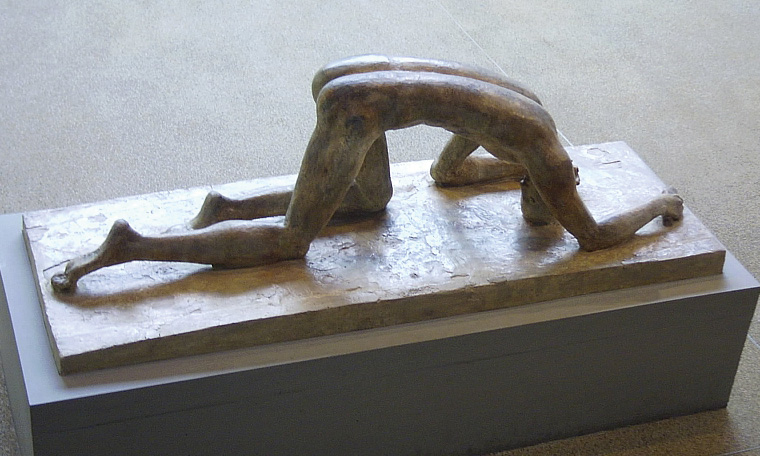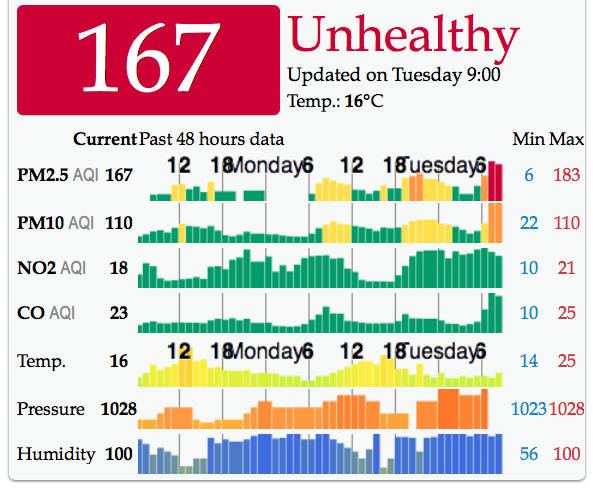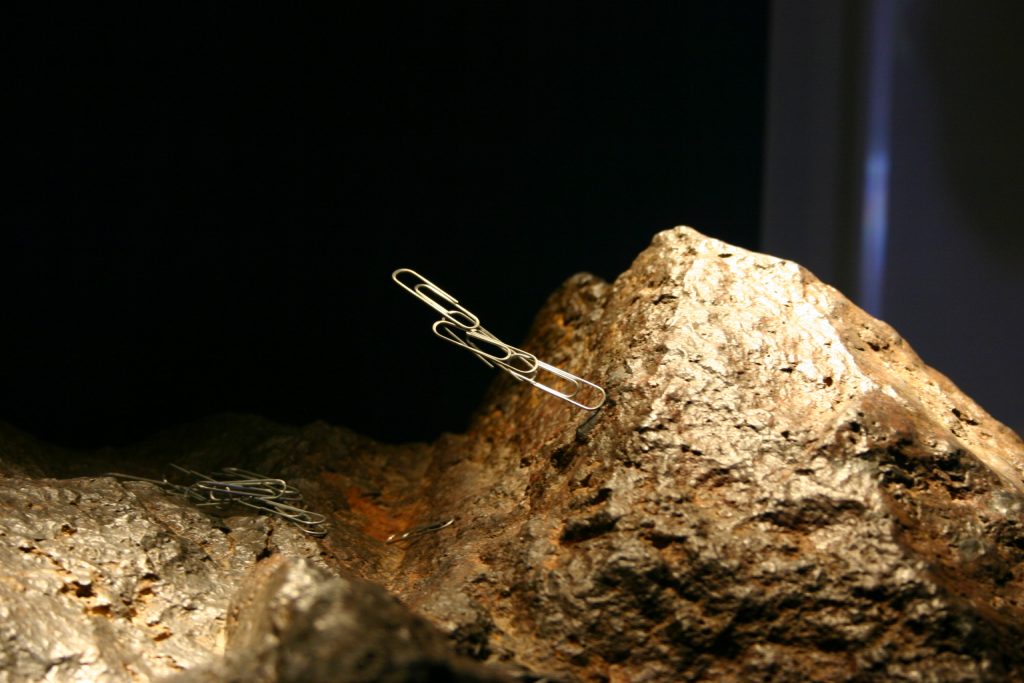
Sculpture by Wilhelm Lehmbruck,
Der Gestürzte, 1915/16, plaster
About the Book
This is Why I Came, a creative retelling of Bible back-stories which include character perspectives, has been reviewed in Washington Post, Ploughshares, Kirkus Reviews, O Magazine (on O’s list of ten), Los Angeles Times, Publishers Weekly (starred review), The Atlantic. [Excerpts from the book are pasted below.]
About the author
Mary Rakow is the recipient of two Lannan Foundation Residencies and a Lannan Foundation Literary Fellowship. The Memory Room was shortlisted for the Stanford University Libraries International Saroyan Prize in Literature, a PEN USA/West Finalist in Fiction and was listed among the Best Books of the West by The Los Angeles Times. She comes to fiction from theology (MTS, Harvard Divinity School ’74; Ph.D., Boston College) and lives in San Francisco where she is a freelance editor.
The words in the opening scene are choppy, hesitant, awkward — appropriate for describing a character who left organized worship many years ago. Press on, dear Reader, as the language and thinking awaiting you in this sparse-but-sprightly volume soon sparkle in radically imaginative prose. (Don’t bolt if the denominational setting of the first scene does not align with your own, as such dramatic license has little to do with what’s to come.)
Author Mary Rakow engages us with raw emotional responses which could have underpinned the thoughts of many characters in the original Bible stories, which she has now recast in ways that may or may not be true to their day — but that we can feel in our own reaction to these classic situations thru her words, thus entering the stories, ourselves. Finding ourselves in the Bible is the spiritual point of her project. She brings them alive for the reader, endeavoring to restore their relevance for today, which may be welcomed by some, or suspicious to others. Possessing the pen of a poet, she also has a PhD in theology. (Masters in Theological Studies, Harvard Divinity School, ’74; PhD, Boston College.) Here’s a taste:
ADAM THE MAKER: [. . .] no matter how hard he tries, to make the form he longs to see, the song he hears but cannot put outside himself, unable to compose the right sequence of notes, unable to make the form that will tell him who he is. He traces his hand, his foot, in the sand. Lying on his back, reaches over his chest with a stick, traces his entire body there then stands, but it does not move, unable to make a form like himself that also breathes. The water erasing it like an encouraging teacher at first, saying, try, try again, then mocking. [. . . ]
He wonders from where she comes. Wonders, since he has not made her, if there is a maker mightier than himself, one who, by implication, holds him in a deep understanding, his hunger clearly and intimately known by this other, as it has now been made visible in its answer, which causes him, as he stares at her, arm and leg and neck, to wonder if all the creatures in the sea and on the dry land and all the stars in the heavens that he thought he had made weren’t made by him at all, but rather by this other. And he desires to know this one, and names the maker he cannot see but whose work he sees, “God.”
¶ Now imagine Cain as a vegetarian, and Abel, an upstart who introduces the family to eating meat. ¿ Not quite the way you remember the story? It’s intriguing, plausible. There now, you’ve got a glimpse of the idea of her book. (I’ve long envisioned Cain offering zucchinis for sacrifice, as he had so many he didn’t know how to use them before they would spoil.) ¿ Could agriculture, a shortcut thru the swamp, have been the original sin which now imperils the planet with a population bomb? But that’s not her story.
Skipping beyond her imaginative work on Genesis stories, let’s fast-forward to the New Testament. Mary of Magdala is depicted as introduced to prostitution by her own mother, in an angry response to a god who had taken her husband, Mary’s father, from them — this short chapter, along with a few others, can be read at thisiswhybook, sans advertising (can be read here.) (The original manuscript of the book contained images of religious art. Sadly, the art has been dropped, yet it still feeds the spirit at the link, above.)
Her book is reflective of a desire to reconsider Bible stories broadly in the modern era, as evocative of a spiritual sense which still persists, if perhaps only latently for some. Her effort offers fresh perspective, inviting us into an inner dialog with her chosen Bible stories, freshly reconsidered.
A small disappointment to this reviewer is any mention of the ethical teachings of Jesus – sermon on the mount – which earlier engaged me to take some editorial liberties with the text, at this, my blog: https://meridagoround.com/?p=3046. These are the lynchpin of his career, after all. And I’m not convinced that she delivers on the promise implied in her title, but I feel recharged by her writing — so I gratefully, enthusiastically, award her five stars .
A note to me in an email from the author, whom I recently met online:
. . . my hope is that the book [would] function like a large table around which all persons of goodwill could sit and listen to each other, regardless of faith or affiliation or atheism, secular humanism, etc, goodwill and curiosity being the only thing to bring to the potluck, as it were.





